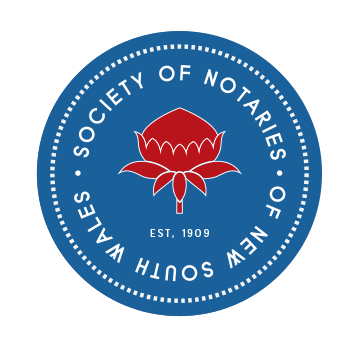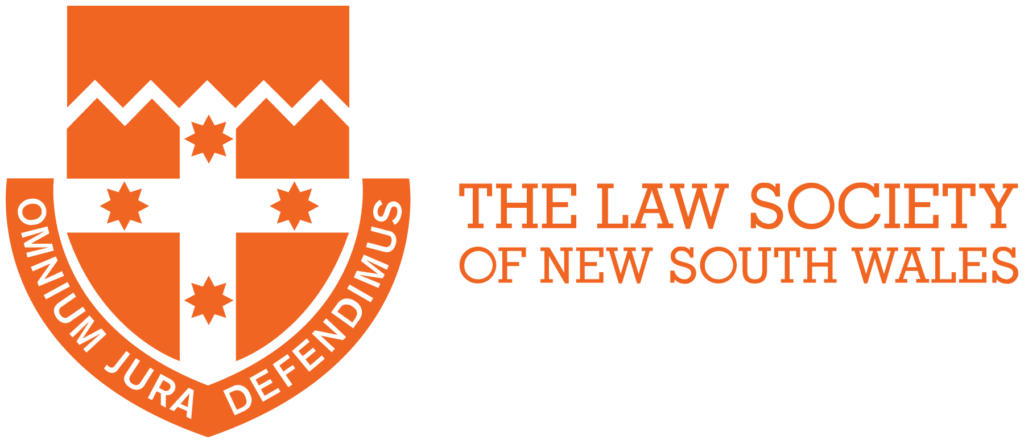Trademark Attorney
We challenge adverse reports from IP Australia, build distinctiveness arguments against Section 41 objections, and respond within the critical deadline before your trademark application lapses.


Secure Your Legal Advantage
500+
Your brand deserves to be yours, no question. Join 500+ others who’ve secured trade marks built to grow, scale, and stand out globally.
$10M +
With over $10 million recovered, our clients move forward with renewed clarity, free from delays, distractions, and the weight of unresolved matters.
2,000 +
We’ve helped over 2,000 companies scale, advising on the deals, hires, and legal frameworks behind expansion, funding, and ownership.
40 Years
With 40 years of experience, we’ve all seen the challenges you’re facing. We’ll help you avoid the mistakes others have made.













Why You Need a Trademark Attorney to Respond to Your Adverse Report
Our process for responding to a trademark adverse report is designed to turn obstacles into clear, actionable steps.
Pinpoint the Problem
We start by thoroughly analysing your adverse report. We don't just read it; we identify the specific legal grounds for rejection. Was it a Section 41 objection for a lack of distinctiveness? Or a Section 44 conflict with an existing mark? Understanding the exact issue is the first step in formulating a winning response with your attorney trademark expert.
Choosing the Right Response
Not all responses are equal. For a Section 41 objection where the examiner believes your mark is descriptive, we may prepare a formal Letter of Use. This is a cost-effective option, typically priced around $1,500, where we submit evidence like marketing materials, invoices, and website screenshots to show your mark has been in use and is recognised by the public. For more complex cases or where sensitive business information is required, a formal Declaration of Use is often necessary. This is a more robust and confidential legal document, which can cost between $5,000 to $7,000. We'll advise you on which option is best for your specific situation.
Crafting Your Legal Submission
This is where we create your legal counter-attack. As your trademark attorney, we draft and file a professional, evidence-backed submission on your behalf. Our submissions are crafted to directly address each objection with clarity and precision, increasing your chances of acceptance.
Navigating Deadlines
The 15-month deadline to respond to an adverse report is strict. A missed deadline means an abandoned application. We manage all timelines to ensure your response is filed promptly, and we handle all necessary requests for extensions, so you never have to worry about missing a critical date.
What a Trademark Attorney Knows That a DIY Applicant Doesn't
While responding to an adverse report might seem straightforward, the legal subtleties are what often trip up self-filers. The examiner’s objections aren’t just suggestions; they are based on specific sections of the Trade Marks Act 1995 and are supported by a body of case law.
Here’s what our expertise provides:
Understanding Legal Precedent
The examiner's report may cite a previous court case that sets a precedent for why your mark isn't distinctive enough. We know these cases and can argue why your situation is different or why the precedent doesn't apply.
The Nuances of Evidence
Just providing a few screenshots of your website isn't enough. We know what constitutes compelling evidence of use and how to present it in a way that legally proves your mark has acquired a reputation. We can also help you gather sworn statements from industry experts or customers if needed, which can make all the difference.
Strategic Amends
Sometimes the simplest solution is to amend your application. But doing it incorrectly can weaken your brand protection. We can advise on how to strategically narrow your goods and services list to overcome an objection without compromising your core business.
Trademark Pricing
Our pricing model is transparent and based on the complexity of your adverse report.
We offer clear, fixed-fee packages so you know exactly what to expect.
Trademark Registration Package
For a complete, end-to-end service, from initial search to final registration.
Trademark registration (up to 2 classes)
$1,500 + GST
Letter of Use Response Package
For straightforward Section 41 objections. Includes a detailed analysis and a submission with evidence of use.
Adverse Report letter of use submission
$1,500 + GST
Declaration of Use Response Package:
For complex objections, including Section 44 conflicts. This package includes evidence strategy, drafting, and a formal legal declaration.
Adverse Report formal declaration of use
$7,000 + GST
Adverse Report Consultation:
A one-hour consultation to review your report and provide an expert opinion on your options before you commit to a full response package.
- Ready when you are
Think Your Brand Is protected? Let’s Find Out
Your Questions About Trademarks Answered by a Trademark Attorney
What is a trademark adverse report and what does it mean for my application?
An adverse report is a document from the IP office that lists legal objections to your trademark application. It doesn’t mean your application is over; it’s an opportunity to respond and argue your case.
How does Lazarus Legal handle a trademark adverse report?
Can a trademark attorney improve my chances of a successful registration?
Yes. A skilled lawyer with expertise in trademark law and adverse reports can draft more compelling legal arguments and gather the right evidence, dramatically increasing the likelihood of overcoming objections.
What happens if I don't respond to the adverse report?
If you fail to respond or get your application accepted within the 15-month timeframe, your trademark application will lapse and be abandoned.
Do I need both a trademark lawyer and an agreements lawyer for brand protection?
You need a trademark lawyer to register your mark with IP Australia and defend against infringements under the Trade Marks Act 1995. You need an agreements lawyer to draft the commercial contracts that control how your trademark gets used: employment contracts with IP assignment clauses, franchise agreements maintaining brand consistency, and licensing terms when third parties use your mark.

